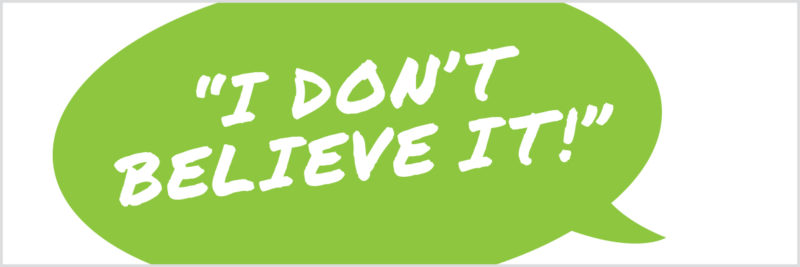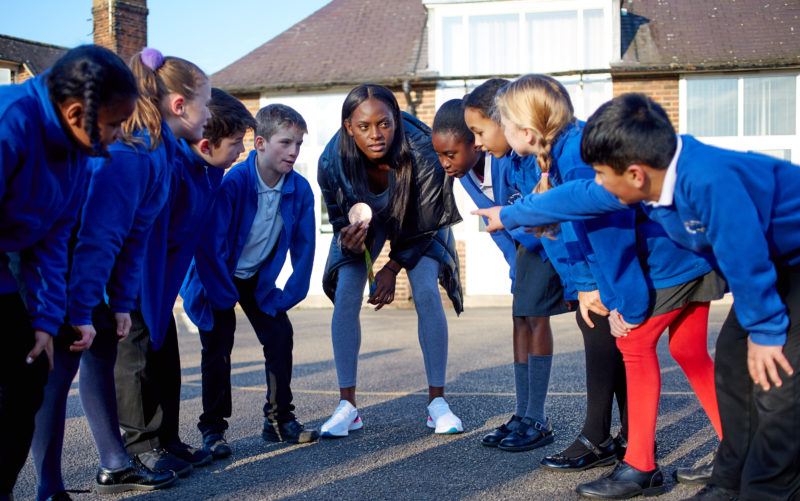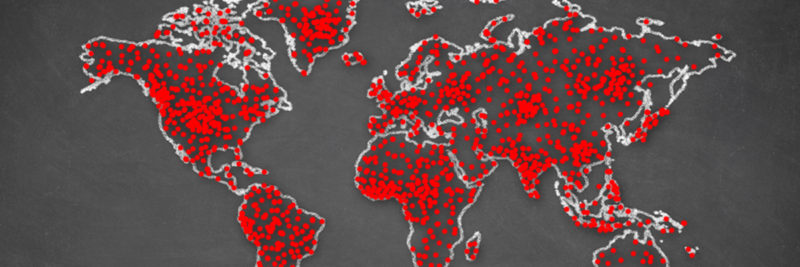Curriculum and subject knowledge “Knowledge begets knowledge”
‘Knowledge begets knowledge’
E D Hirsch
Our pupils need to know stuff and the minimum standards for that stuff are expressed in the national curriculum documents for each subject. There is no getting away from this for maintained schools. Academies and free schools are able to determine their own curriculum, but the obligation is still to ensure that it is broad and balanced.
However, the main question is, do our pupils know, really know, on their own terms the key aspects of a topic in history, geography or whatever subject? Are they capable of producing something worthwhile as a result of acquiring that knowledge? In other words are they creating something with what they have been taught or are they consumers of worksheets?
There are two strands which need strengthening in relation to pupils’ subject knowledge. The first is that in the past there has been too much emphasis on skills development. Skills are important, but they do not stand alone as aspects of learning, separate from knowledge. So, for example, pupils have been given a piece of prose to read and then asked what they ‘infer’ from the text without discussion or support to understand that there is often much implied behind a text which is not explicitly written or spoken. This is sophisticated work. It is like peering through the shadows to glimpse at more information. It is there, but it is subtle. And just telling pupils that it is there is not the same as supporting them to find what is there.
Sometimes, mistakenly, the text is regarded as less important than the ‘skill’ of inference. But it is the text which is the locus of inference: it is the text itself which provides the clues, it is knowing what the text is communicating beyond the actual statements, what it might be hinting at, what might be implied, or what might be inferred. It is the text which is of primary importance and the capacity to infer can only come from deep engagement with that text. The same mistake happens with comprehension. The capacity to understand the material in a text does not stand separately from the text. We cannot assume that focusing just on the skill of comprehension is going to get out pupils to understand or comprehend any other text. The two examples here of inference and comprehension can only emerge through the engagement with lots of material. We cannot say that because a child can make inferences from one piece of prose, they are equally able to do it from another. Similarly with comprehension. And this is because the skills are closely bound to the subject matter of the text. So, if we are concerned that our pupils’ skills in inference and comprehension need to be developed, we should not be focusing on these skills without exposing them to lots of different texts.
Daniel Willingham and Gail Lovette researched the impact of comprehension instruction. What they found was that explicit instruction to pupils – to get them to focus on finding the meaning and to ask questions about a text improved their comprehension and inference capacity, but that continuing to teach comprehension did not have an impact. They argue that teaching comprehension and inference is useful, but only up to a point. And this is because they are not transferable skills: it doesn’t follow that if I understand and can infer from a novel that I am able to do the same from a news report. So we need to conclude from this that while instruction and support to comprehend and infer are important, they are always bound to the material in hand. This is why pupils need to read and be read to a lot, so that they have practice in these important skills across a wide range of material. If, as Willingham argues ‘comprehension is highly text-specific and dependent on background knowledge’ then we need to make sure that our pupils have plenty of knowledge. This is echoed in Hirsch’s ‘Cultural Literacy’ makes in his 1987 book cultural literacy. The idea that what separates good readers from poor readers, once we get beyond the mechanics of instruction and phonics, is their background knowledge. Hirsch talks of the schemata of knowledge that we stick other knowledge to. Knowledge begets knowledge.
And where are the skills in all this? Well the skills do not stand alone, they are context dependent and draw on the content. It is not possible to evaluate or analyse material without knowing the facts. The facts are the building blocks not just of cumulative knowledge over time, but supply the means with which to interrogate and discuss. Separating the skills from the content has meant a focus on for example inference, without providing plenty of examples from which the capacity to infer emerges.
Knowing things helps us to know more things. Knowing things helps us to connect with previous knowledge and to make connections. Knowing things makes us feel clever. To short cut knowledge into the acquisition of skills is like expecting a cook to make a meal with only one ingredient. It needs a range of materials or ingredients to produce something worthwhile.
Linked to this is the knowledge and use of subject specific terminology whichsupports pupils to enter the domain of the academic discipline. Each subject has its own vocabulary which is used specifically within that subject: in geography, for example, erosion has a particular meaning and this meaning needs to be taught explicitly, practised and used on a regular basis. In history we might identify civilisation, in religious education worship and so on. It is an entitlement for pupils to know what these words mean, how they fit into what they are studying and for them to use them with confidence. All pupils like feeling accomplished and it’s paying them a compliment to induct them into the knowledge of a particular subject.
And finally, we know that there is a significant word gap between those pupils from advantaged backgrounds and some, not all, from disadvantaged backgrounds by the time they start school. There is nothing we can do about this, but we can do something about it the minute they come into our classrooms. Knowing stuff makes a difference.
Latest book: Curriculum: From Gallimaufry to Coherence www.amazon.co.uk/dp/1911382837





